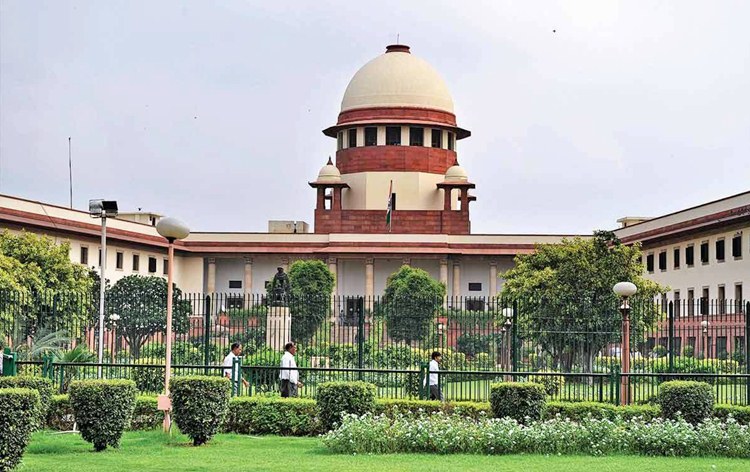The Supreme Court of India on Thursday struck down the electoral bonds scheme, deeming it unconstitutional and violative of fundamental rights. A unanimous verdict was delivered by a five-judge bench comprising Chief Justice Inda DY Chandrachud and Justices Sanjiv Khanna, BR Gavai, JB Pardiwala, and Manoj Misra, effectively dismantling the scheme that allowed for anonymous funding to political parties.
Addressing a batch of petitions challenging the legality of the scheme, the bench focused on two primary issues: whether the scheme infringed upon the Right to Information under Article 19(1)(a) and whether unlimited corporate funding undermined the principles of free and fair elections. The bench unequivocally ruled that anonymous electoral bonds infringed upon the Right to Information and Article 19(1)(a).
The court emphasized the need for transparency in political funding, pointing out that information regarding corporate contributors through electoral bonds must be disclosed, given the implicit expectations of quid pro quo associated with such donations.
Deeming the amendments in the Companies Act, which permitted unlimited political contributions by companies, as arbitrary and unconstitutional, the Supreme Court said that such provisions opened the floodgates for undue influence and compromised the integrity of the electoral process.
Taking a firm stance against the encroachment on the Right to Information, the apex court said that any infringement of this right cannot be justified, particularly in the pursuit of curbing black money.
As a consequential measure, the Supreme Court ordered banks to immediately cease the issuance of electoral bonds. The State Bank of India (SBI) was specifically instructed to furnish details of electoral bonds encashed by political parties, with the mandate for the Election Commission of India (ECI) to publish these details on its website, ensuring transparency and accountability.
The verdict culminates a prolonged legal battle, with a five-judge Constitution bench having reserved its decision on November 2 of the previous year. Introduced by the government on January 2, 2018, the Electoral Bonds scheme aimed ostensibly at bringing transparency to political funding, offering an alternative to cash donations.
Under the provisions of the scheme, only political parties meeting specific criteria were eligible to receive electoral bonds, which functioned as instruments for contributing funds. Despite assertions by the government that the scheme was transparent, critics raised concerns regarding its potential for facilitating the influx of black or unaccounted money into the political arena.
Numerous petitions challenging the amendments introduced through the Finance Act of 2017 and 2016 were pending before the apex court, with critics contending that these amendments paved the way for unchecked and unlimited funding of political parties.














